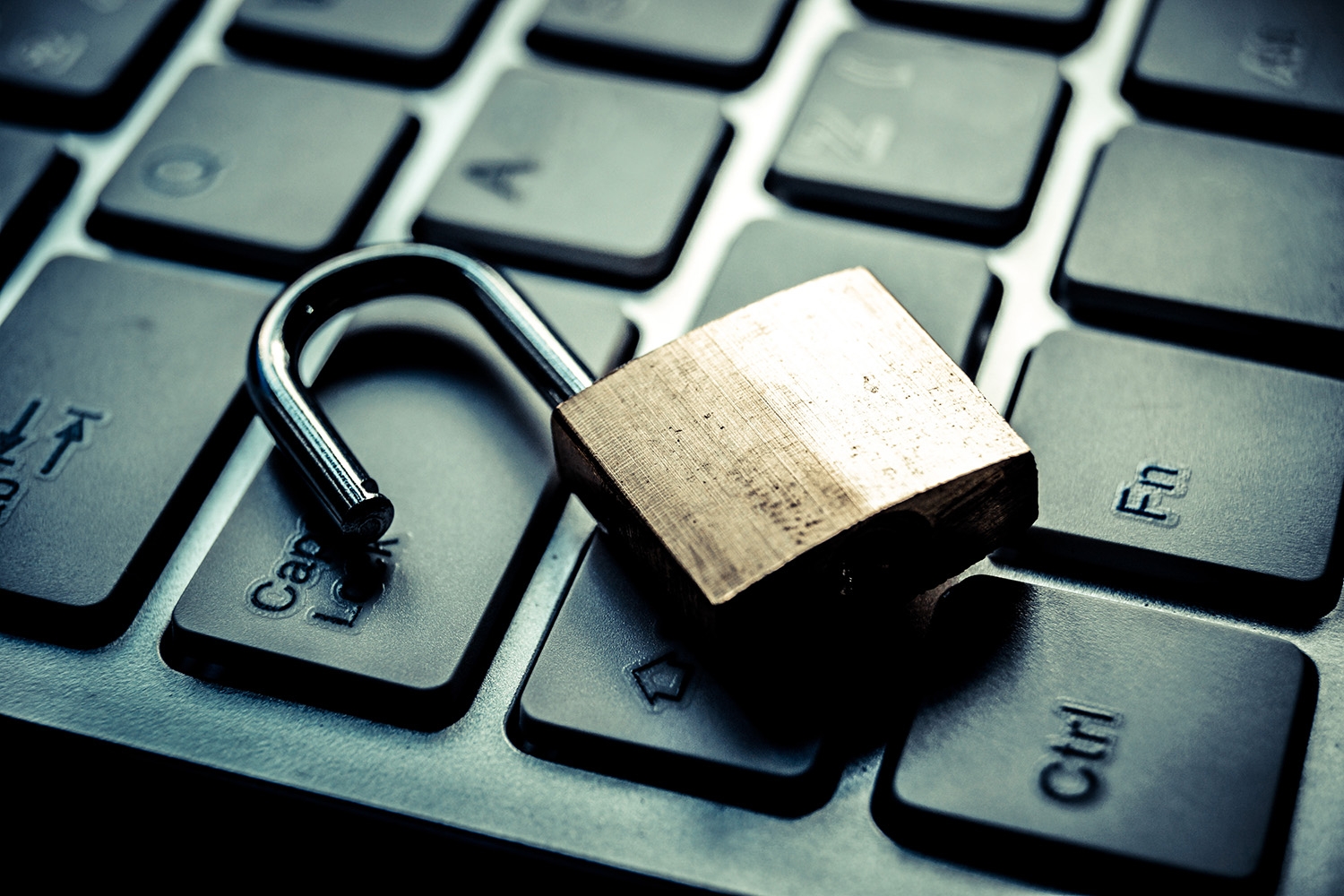
Simple Tips to protect yourself from data breaches
With businesses from credit score reporting companies to popular ride-sharing services reporting data breaches in 2017, many consumers are worried their personal information isn't safe. If you're concerned about the safety of your financial information, take some time to learn more about data breaches and how to protect yourself.
When criminals hack into a database owned by a financial institution, company or service you deal with, it could be possible for them to get a hold of your personal and financial information. If that happens, they might use this info to access your accounts and steal your money. They might even try to borrow money in your name.
If a financial institution, company or service you deal with has recently been hacked, you may be at risk and should take the following steps immediately: change your passwords, review your bank and credit card statements for unauthorized transactions and report any you find.
Order and review your credit report from both of Canada's credit bureaus —Equifax and TransUnion. If your report includes accounts you don't recognize, it could mean that someone has applied for a credit card, line of credit, mortgage or other loan under your name.
• If you think you have been a victim of fraud as a result of a data breach, here is what you should do:
• Contact your financial institution and any other companies where your account has been compromised.
• Contact Equifax and TransUnion and ask them to place a fraud alert on your credit report to instruct lenders to contact you and confirm your identity before they approve any applications for credit.
• File a report with your local police.
• Notify the Canadian Anti-Fraud Centre.
Find more information online at canada.ca/money.









